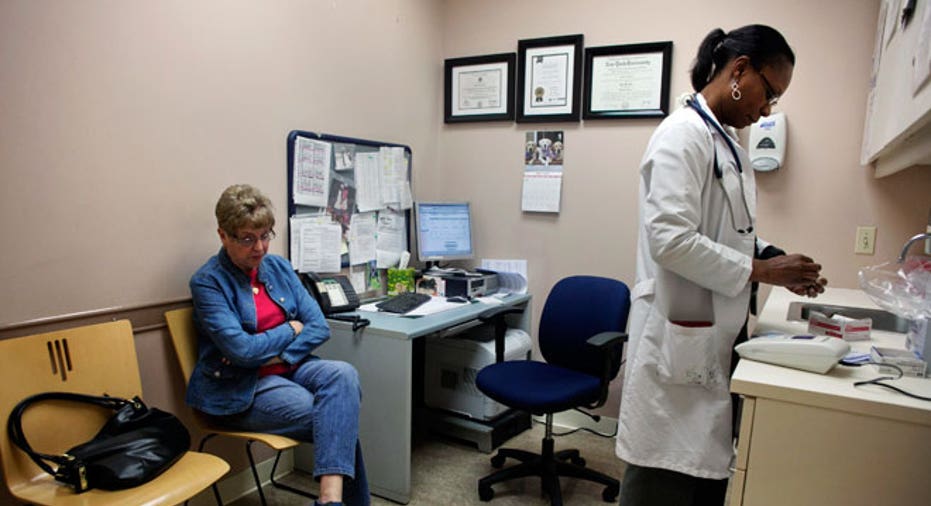The Future of Health Care: What to Expect

Consumers don’t think twice to search online for the lowest possible price when it comes to buying airfare, household products, wardrobe updates or a new car, but as patients, we tend to accept whatever price is first quoted. But that’s about to change.
“What’s demanded and expected in the rest of the American economy is now coming to health care,” says David Houle, author of Entering the Shift Age. “There will be price competition, price transparency and accountability.”
Houle predicts that the focus of health care will shift away from treatment and focus more on prevention. Patients are becoming more educated to eat right and stay healthy, which Houle says will drive health-care costs down. Already companies across the nation are implementing wellness programs in an effort to reduce illnesses among employees. Once health-care reform is fully implemented next year, many plans will cover preventive care like health screenings.
Houle predicts that the cost of health care will decrease 70% over the next several years, and the costs will be incurred by only 10% of the population. Houle adds increase in connectivity and transparency will also lead to lower medical costs. He says doctors will get paid within minutes of completing a procedure instead of waiting for a payout from an insurer or fighting a denial of a claim. “The efficiencies and connectivity that we value in the rest of a daily lives is coming to healthcare.”
While companies are already embracing wellness programs that reward employees for healthy lifestyle choices, Houle says this is just the start. For instance, a company may tell an employee who is 75 pounds overweight that if he/she joins a wellness program, adheres to medicine regimes and loses 50 pounds he/she will get $1,000. If individuals chooses not to engage in the wellness plan they may have to pay more for their health-care coverage, he says.
People will also be charged higher premiums based on their lifestyle choices: a smoker or obese consumer may have higher coverage costs than a non-smoker or someone with a normal BMI, says Houle.
Technology will also play a role in not only treating people but preventing the spread of germs. Widespread adoption of telemedicine will enable a sick person to get a virtual visit from a doctor, have a prescription sent to the pharmacy and have that medication delivered all without ever having to leave the house and risk spreading the illness.
Houle also expects technology to wipe out the doctor diagnosis for certain diagnosis. In the new age, sick patients would log onto a telemedicine platform through a doctor’s office or health-care provider, insert their symptoms that would then be searched within a database and matched with others with the same complaints and then be diagnosed and offered treatments.
“That person never had to leave the home, didn’t have to take the time to drive to the doctor and spend money,” says Houle. “It’s an example how much more frictionless health-care will become.”



















